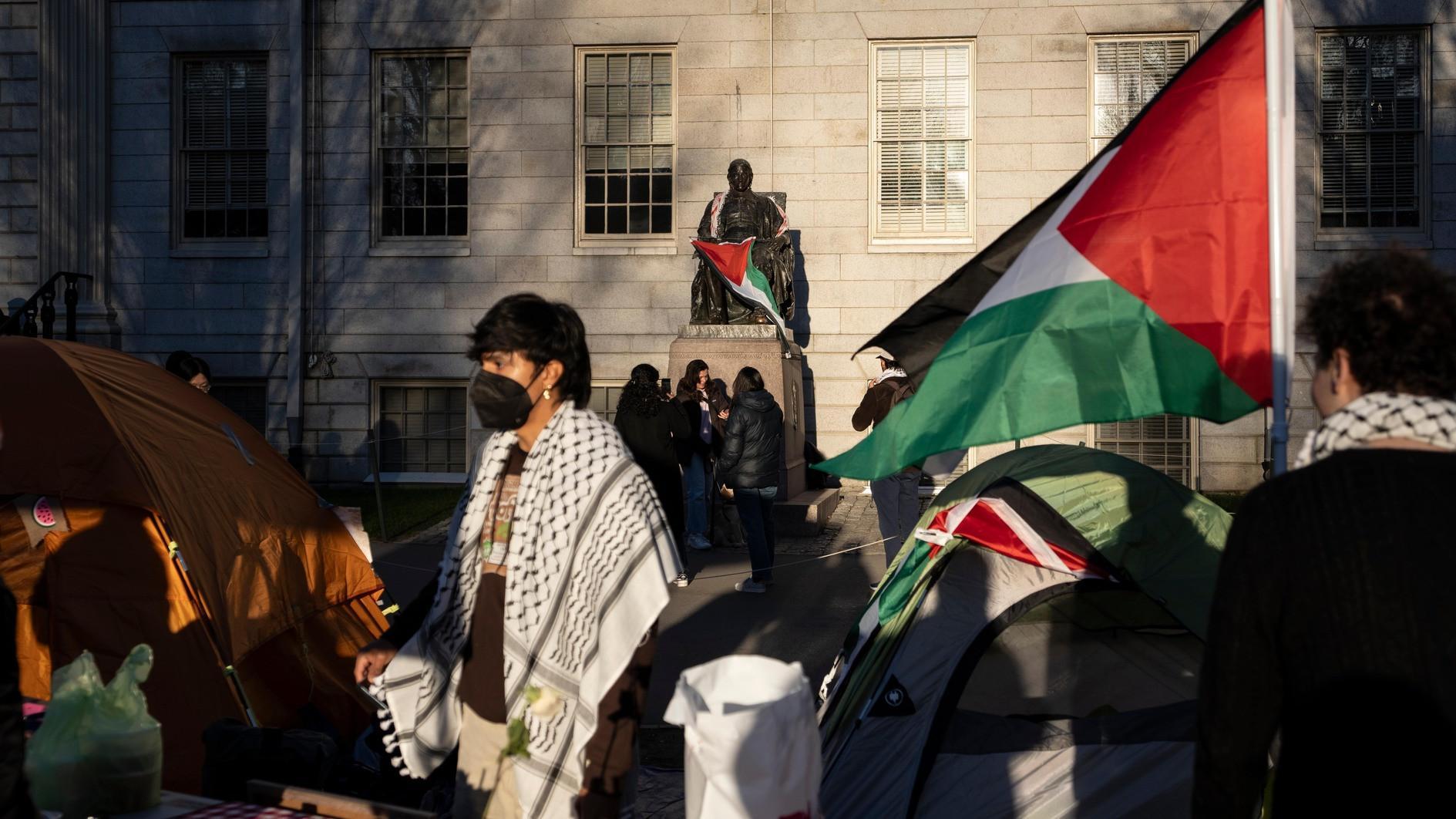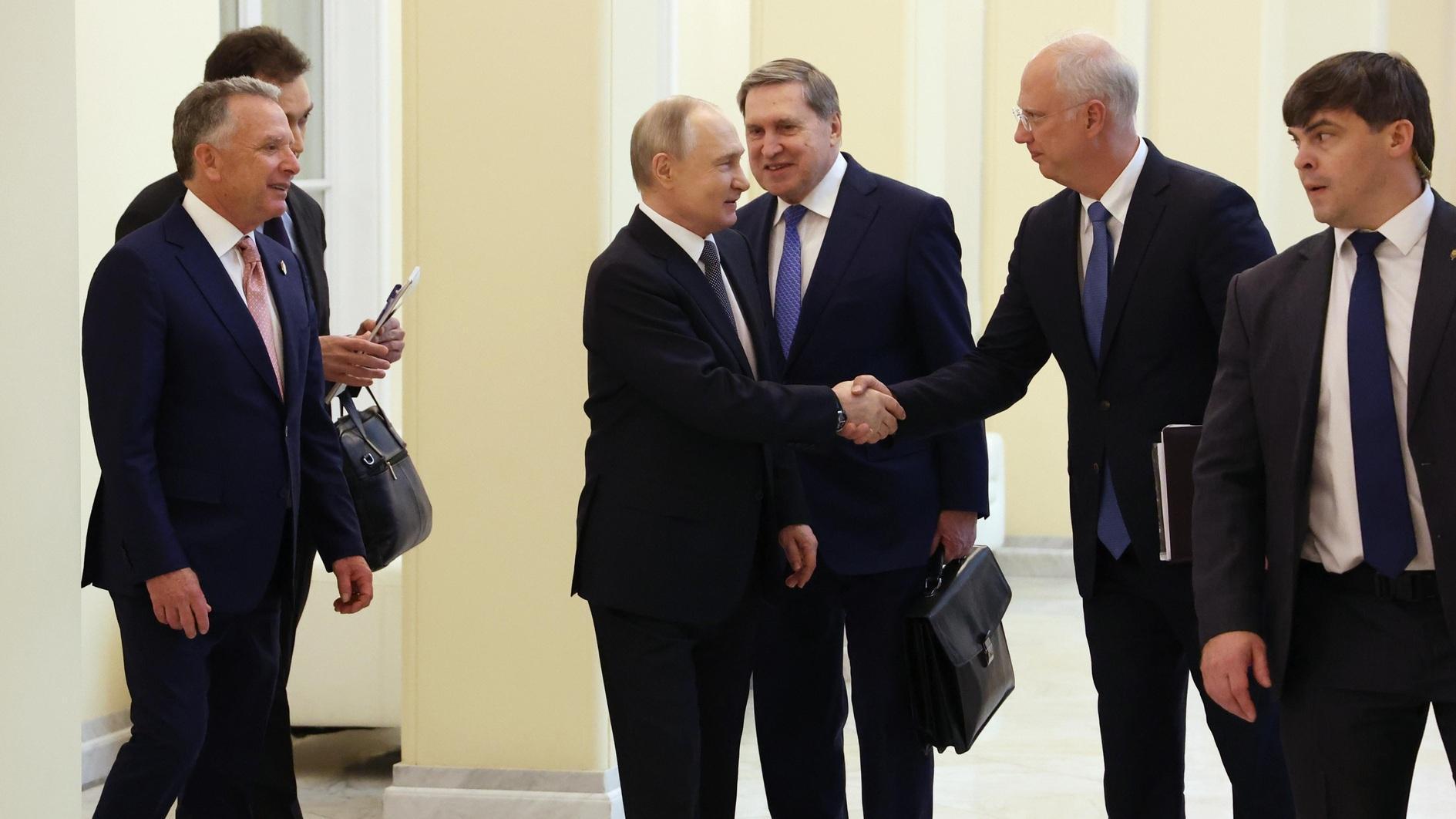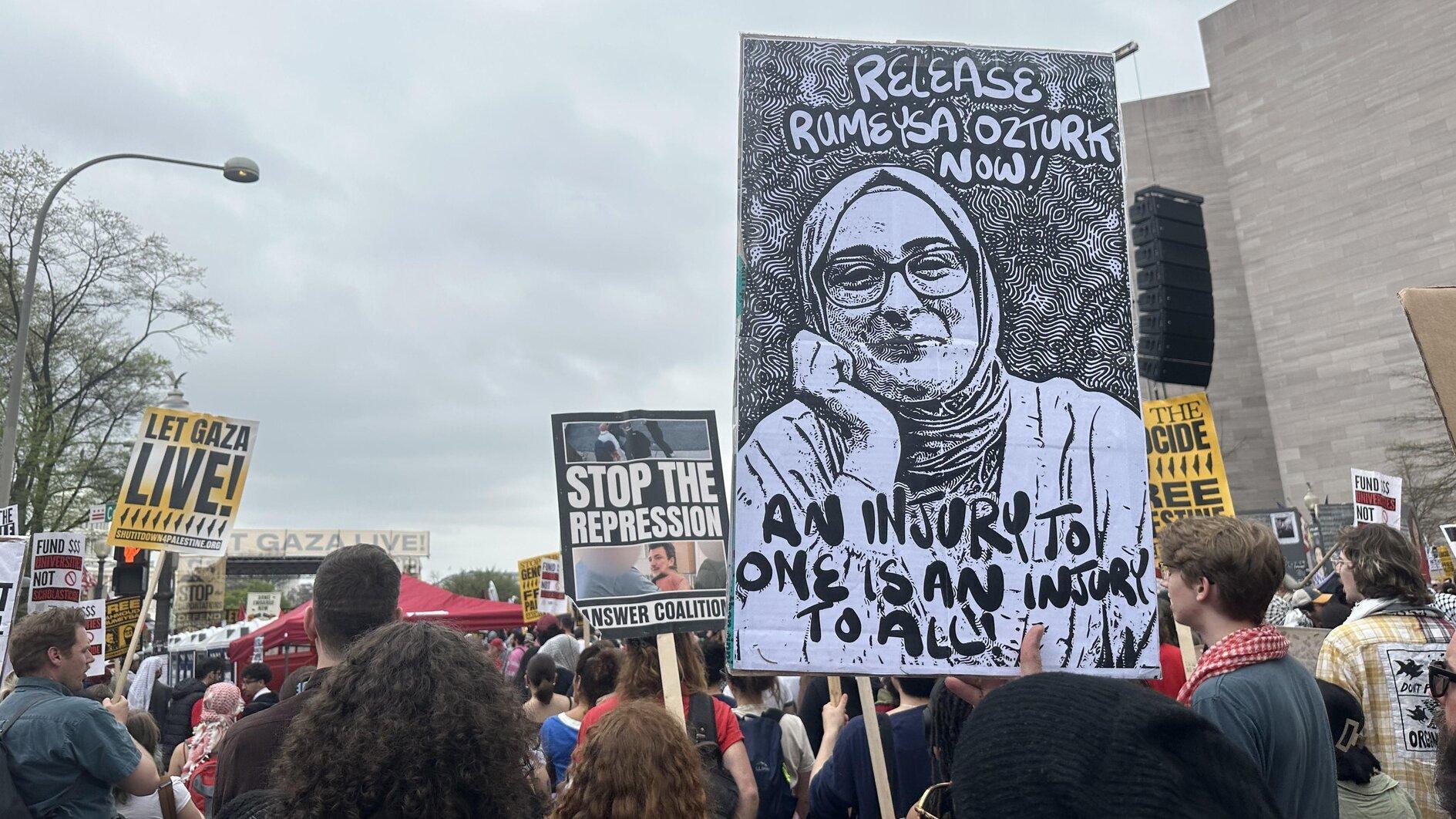Critical codes of the İncirlik deal
The details of the “İncirlik agreement” signed between Turkey and the United States are taking shape by the day.
The U.S. presidential envoy to the anti-ISIL coalition and the deputy assistant secretary of state, Brett McGurk, who I had a tête-à-tête with last Saturday, gave critical messages about the agreement which I shared in this column. McGurk is one of the two American officials who has carried out the anti-ISIL negotiations between the two countries.
Let’s keep on decoding his messages and the details of the İncirlik deal.
McGurk avoided answering a question of mine which I asked insistently: Had Turkey informed the U.S. government in advance of its airstrikes against PKK targets in northern Iraq?
I was able to receive the answer from a high-level Turkish official in Ankara. According to him, Ankara did not share this information with Washington in advance and informed the U.S. government in the aftermath of the air attacks just as it did with other countries and international organizations such as NATO and the United Nations.
The chronology which McGurk shared is critical. The American official said the negotiations between Turkey and the U.S. about opening up İncirlik airbase had been going on for nine months and that they concluded the talks on July 7 and 8. However, he added, the PKK began its attacks in Turkey afterwards. In line with his statement, the PKK announced the termination of the cease-fire on July 11.
This sequencing is critical due to two reasons. First of all, it falsifies the argument that Turkey started its anti-ISIL operation as a cover for its PKK attacks. Apparently Ankara agreed on the İncirlik deal before the PKK attacks started.
Second, this date reveals that Turkey started its anti-ISIL struggle long before the İncirlik deal, dating back nine months ago.
Then why did the PKK start its attacks in Turkey after the İncirlik agreement? The organization which is on the U.S.’ list of terrorist organizations and its affiliates have been pivotal in the anti-ISIL fight in Iraq and Syria. The PKK foresaw that the İncirlik deal between Turkey and U.S. would certainly hamper its role and importance in the eyes of the U.S.
The deal is also critical for Turkey-U.S. relations. First of all, the prevailing perception had been that Turkey had not been doing enough against ISIL. McGurk’s words that “the government of Turkey has made very clear that it is fully committed to the campaign against ISIL,” reveals that this perception has changed.
Moreover, when I reminded him that the relations between the Turkish and American army became strained after the March 1, 2003, crisis (in which the Turkish Parliament rejected a U.S. proposal to base U.S. troops on Turkish soil), McGurk said he thinks “this agreement has further deepened the already-deep ties between the two militaries.”
He specifically pointed at the phone conversation between President Recep Tayyip Erdoğan and President Barack Obama on July 22 as the breaking point in this course.
The deal is critical also in terms of regional dynamics. First of all, it downplays the role and influence of Iran who has been playing a pivotal role in the anti-ISIL fight and hence indirectly been the U.S.’ strongest partner on the ground in Iraq and Syria. Likewise, the recent news that Iran seeks to join the anti-ISIL coalition shows Tehran’s discomfort about this agreement.
The deal sends a message to Bashar al-Assad as well. Recently, the view that the U.S. doesn’t want al-Assad to be toppled under these circumstances was gaining weight. Yet now the U.S. is just about to start joint operations with Turkey, which is noted for its anti-al-Assad stance.
The İncirlik agreement also strengthens Turkey’s status in the international coalition since there has been no coalition member other than the U.S. that has been actively involved in the anti-ISIL fight in Syria.
On the other hand, the Democratic Union Party (PYD) has been the primary bone of contention between Turkey and the U.S. In line with the U.S.’ stance to date, McGurk openly stated their support for the PYD.
On the other hand, Ankara’s redlines toward PYD are as clear as crystal. Turkey has been concerned that Syrian Kurds will form an autonomous Kurdish entity along it southern borders by uniting the cantons of Kobane, Jazira and Afrin. The recent seizure of Tal Abyad by Kurds from ISIL has already connected the cantons of Jazira and Kobane. Hence Ankara’s top priority now is to prevent Afrin from uniting with this zone.
This is why Turkish high-level officials have always underscored Ankara’s red line that “the PYD does not cross to the west of the Euphrates River” since the Euphrates segregates Afrin from this area.
But has the İncirlik deal reconciled Turkey and the U.S. on this issue?
The same Turkish official from Ankara says Washington has delivered the same warning to the PYD, in other words, warning the PYD that “it cannot cross to the west of the Euphrates River.”
Apparently the U.S. is trying to deal with this conflicting situation by addressing Turkey’s sensitivities and trying to make Ankara and the PYD meet halfway.
According to the same Turkish official, the two countries have also agreed to cooperate with the “moderate rebels” in Syria, i.e., the Free Syrian Army and Turkmen brigades, and that these groups will be deployed in the “ISIL-free zone.” He added that the PYD is not part of the İncirlik deal at all.
It seems that finally Turkey and the U.S. have been able to meet halfway. Now it’s time to put the plan in action.











